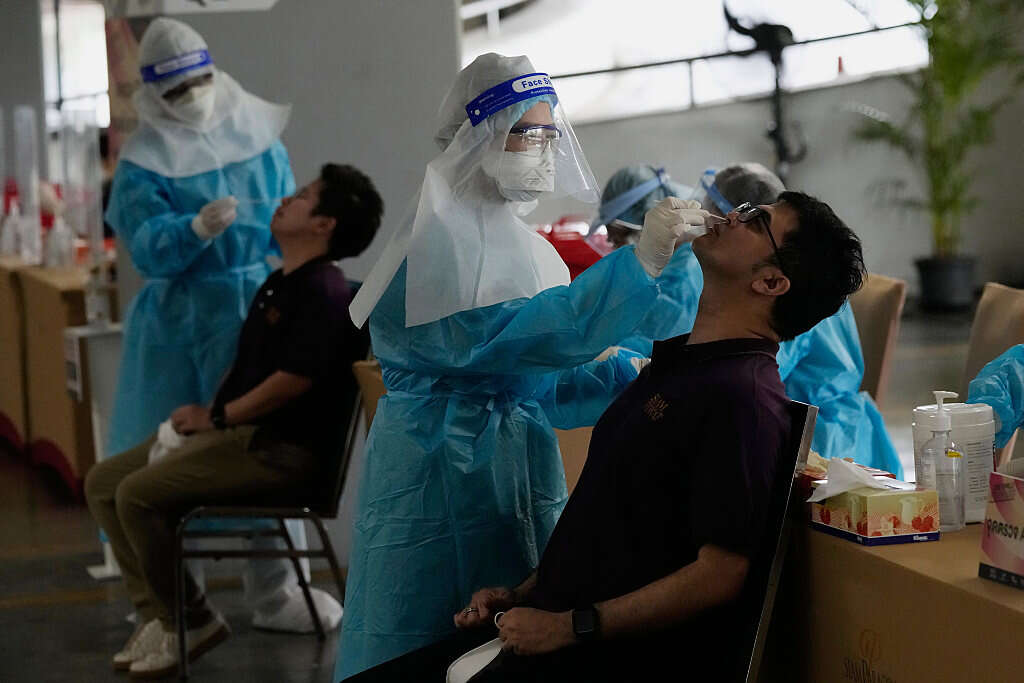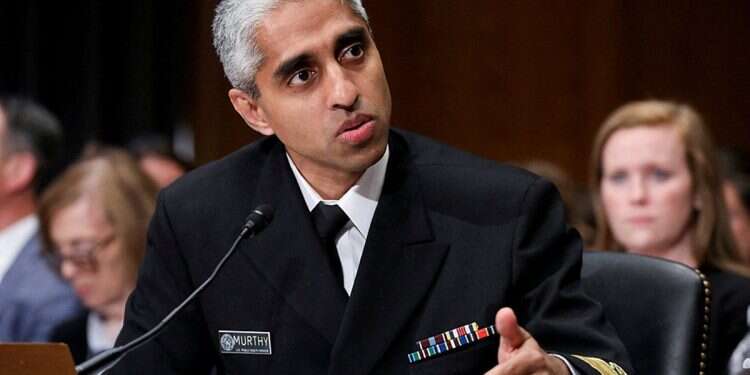US Surgeon General Dr. Vivek Murthy has declared widespread loneliness in the United States a public health epidemic, warning that it poses health risks as deadly as smoking a dozen cigarettes daily and costs the health industry billions of dollars annually, reports NBC News.
In an 81-page report released Tuesday, Murthy revealed that about half of US adults say they've experienced loneliness. "We now know that loneliness is a common feeling that many people experience. It's like hunger or thirst. It's a feeling the body sends us when something we need for survival is missing," Murthy told The Associated Press in an interview.
The surgeon general expressed concern about the prevalence of loneliness, stating, "Millions of people in America are struggling in the shadows, and that's not right. That's why I issued this advisory to pull back the curtain on a struggle that too many people are experiencing."
Research indicates that Americans have become less engaged with worship houses, community organizations, and even their own family members in recent decades, reporting a steady increase in feelings of loneliness. The number of single households has doubled over the last 60 years.
The COVID-19 pandemic exacerbated the crisis, with schools and workplaces closing their doors and millions of Americans isolating at home away from relatives or friends. People reduced their friend groups and time spent with friends during this period. In 2020, Americans spent about 20 minutes a day in person with friends, down from 60 minutes daily nearly two decades earlier. Young people aged 15 to 24 have been particularly affected, reporting a 70% drop in time spent with friends during the same period.

The report highlights the severe health risks associated with loneliness. It increases the risk of premature death by nearly 30% and elevates the likelihood of stroke, heart disease, depression, anxiety, and dementia. However, Murthy did not provide specific data on deaths directly attributed to loneliness or isolation.
To address this issue, Murthy is calling on workplaces, schools, technology companies, community organizations, parents, and individuals to take steps to boost the country's connectedness. He advises people to join community groups and put down their phones when catching up with friends, urges employers to carefully consider their remote work policies, and recommends health systems provide training for doctors to recognize the health risks of loneliness.
The surgeon general pointed to technology, particularly social media, as a significant factor in the increasing loneliness problem. One study cited in the report found that people who used social media for two hours or more daily were more than twice as likely to report feeling socially isolated than those who used such apps for less than 30 minutes a day.
"There's really no substitute for in-person interaction," Murthy emphasized. "As we shifted to use technology more and more for our communication, we lost out on a lot of that in-person interaction. How do we design technology that strengthens our relationships as opposed to weaken them?"
The report suggests that technology companies implement protections for children, especially concerning their social media behavior, to mitigate the negative impacts of digital communication on real-world relationships.




